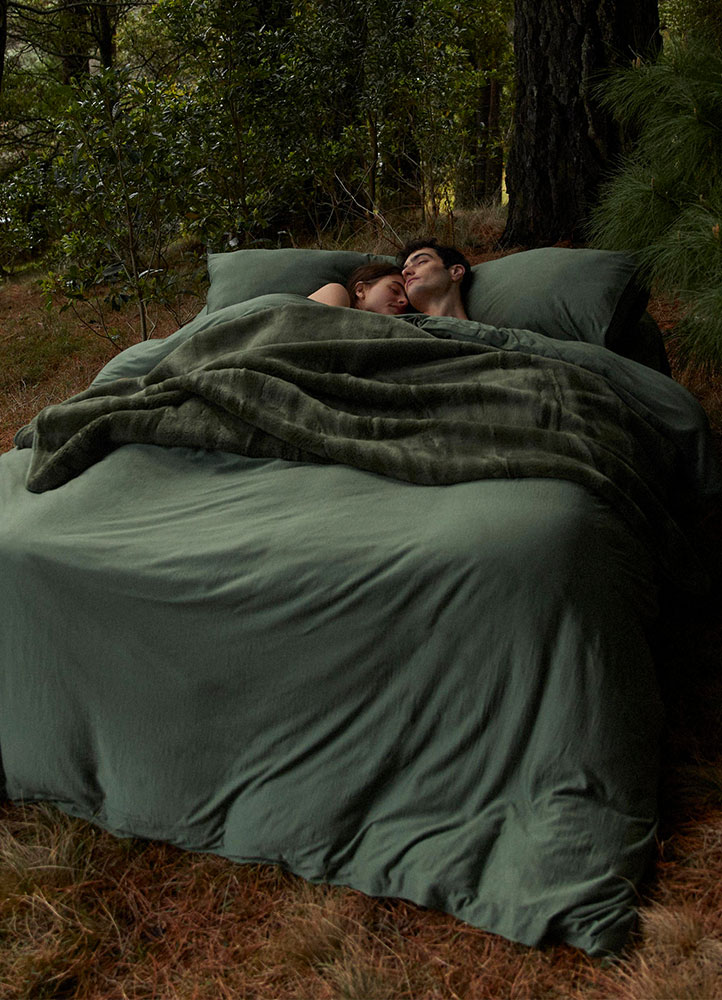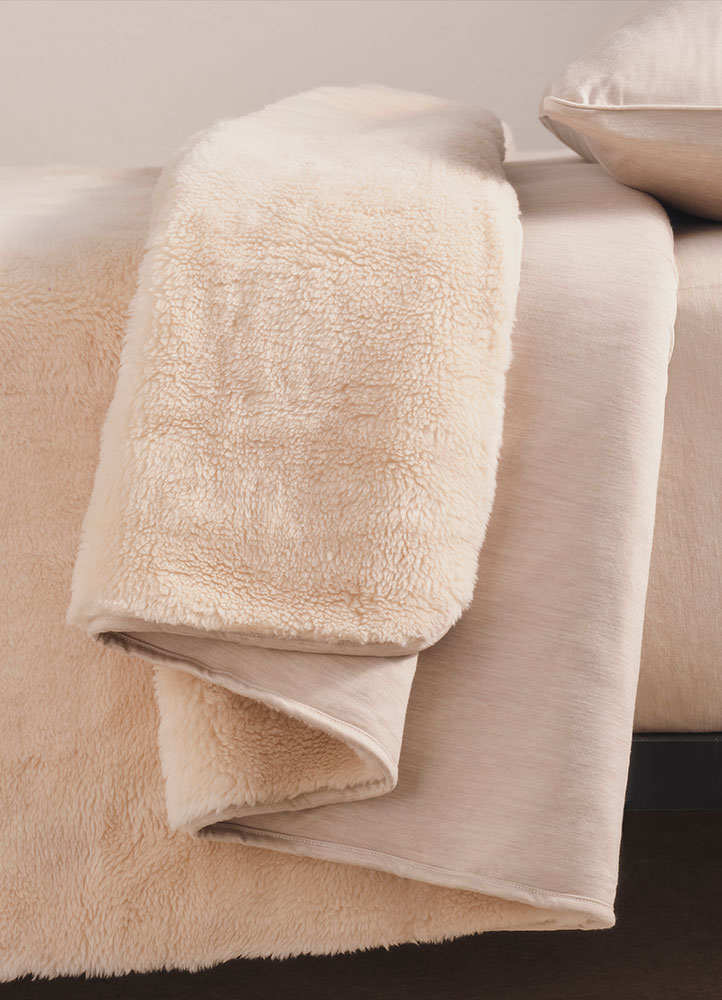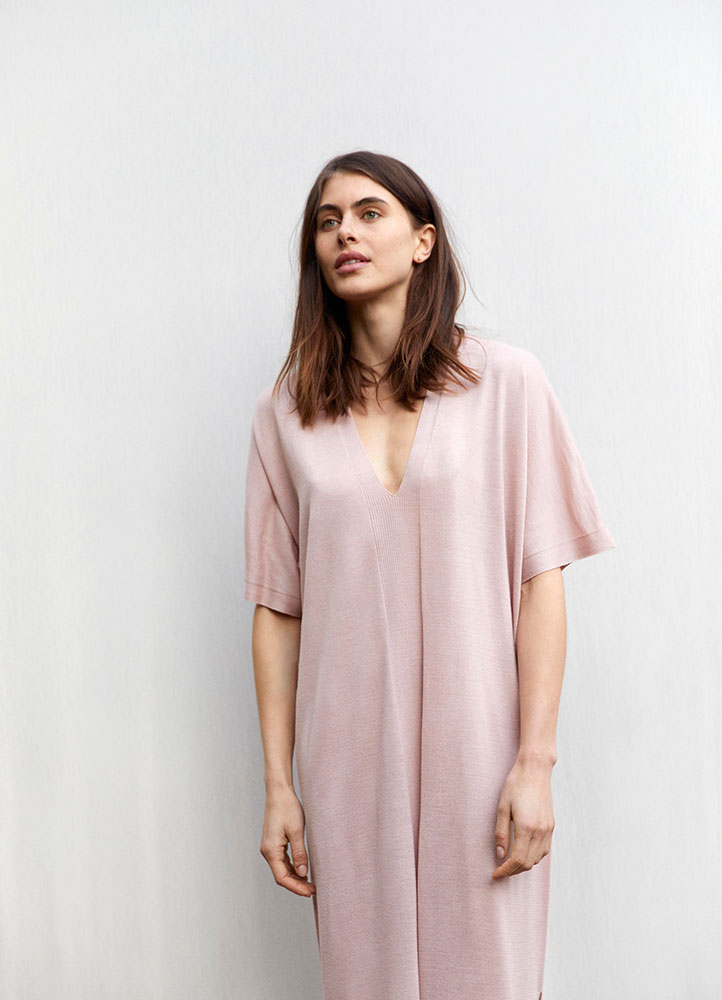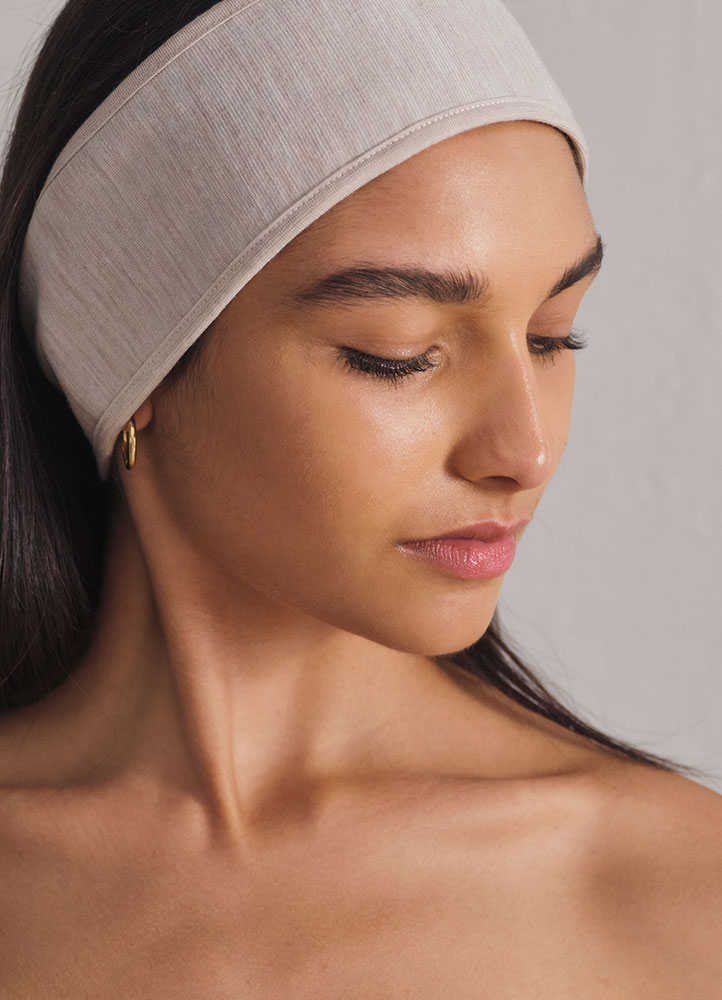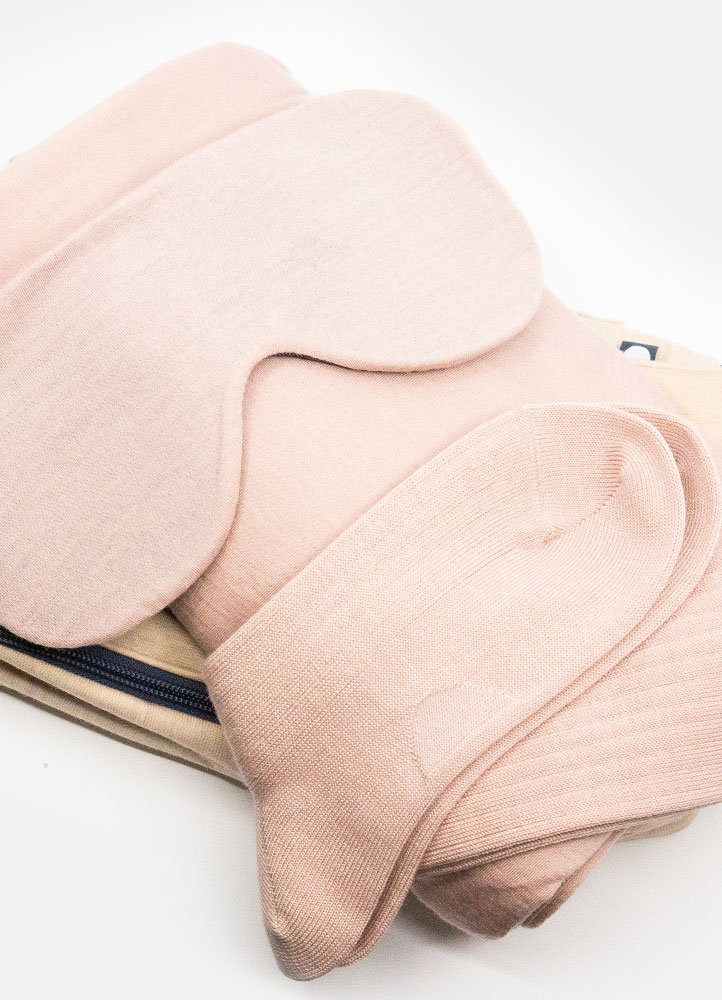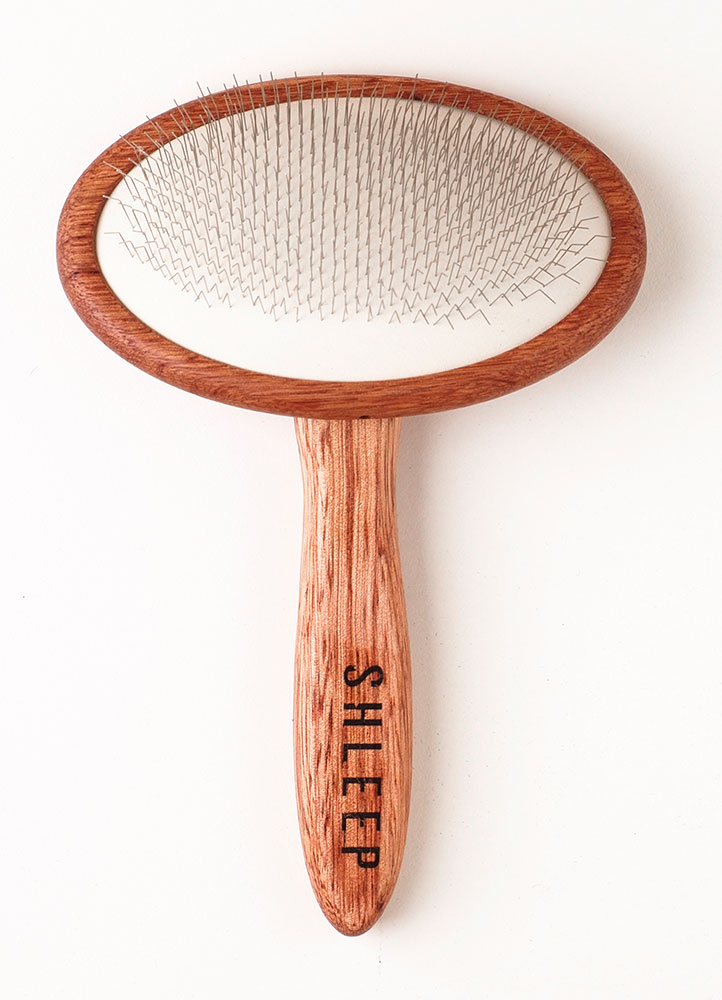Sarah and David Fysh
WE ARE TRULY GREEN… YOU CAN’T GET ANYTHING MORE NATURALLY PRODUCED.”
DAVID FYSE
Australian Woolgrower
Ever wondered what goes on before our Shleep products are ready for sale? In this series, The Makers, we offer a unique first-hand insight into the Australian wool industry, in partnership with the talented Chantel Renae Photography.
Way in the outback at ‘Acacia Downs’, near Muttaburra, Queensland, David and Sarah Fysh have their own little world that they have filled with one of their biggest life’s passions: Australian Merino sheep.
Both David and Sarah are fourth generation woolgrowers. David was brought up on a property near Longreach in outback Queensland, while Sarah’s home was in the south of the state near St George. Their two worlds met while both were working on sheep stations in central west New South Wales, with fate sealing the deal at a local pub. Their entire lives have been closely tied to the wool industry and now, together in the outback, they are living a life they were always destined for.
David remembers a childhood surrounded by sheep: “I’ve never wanted to do anything else with my life since I was a little kid, than what I am doing now. I’m 50 years old and still go to bed every night waiting for tomorrow to come, so I can continue what I was doing today.
“I have always just loved it. Both of our parents were involved in the sheep properties and ran them to the best of their ability and like with all people in the bush, with love and care.”
100% natural, renewable and biodegradable, products made from Australian wool – such as our luxurious Shleep products – offer a responsible choice for conscious consumers, and this affinity with nature has both David and Sarah truly love what they do.
“Being part of the environment and being able to see what nature is producing in the way that the sheep are running in their natural environment and produce an elite product, that is truly wonderful,” says David. “That’s why we both get out of bed each morning. Everything we do here is related to running sheep as well as we can and to give them the right amount of feed and a safe environment to graze in. Everything we do 365 days a year relates back them. It’s all for them.”
Sarah was experiencing the same childhood almost 1000km away from David and warmly recollects her days mustering and helping out on the family farm.
“We have always mustered with our families,” says Sarah. “I always remember on school holidays moving sheep from one place to another and being part of the action and being involved in the drafting. Sheep have always been our life really. It’s a wonderful life and it’s a wonderful way to bring up children in the bush and to have them involved with what the family business is.
“I really enjoy being a part of what we do here. I was always involved with wool, right throughout my life. I just really enjoy being part of the industry and the process. It’s our life.”
As an increasing number of consumers are starting to pay attention to what goes in their clothes, it’s important to go back to the very start of the supply chain – and for Shleep, this supply chain starts with Australia’s dedicated and passionate woolgrowers.
“We are right at the beginning of the garment manufacturing stage and we get to see that natural, nurturing stage happening,” says Sarah. “When you read today that people want this wool because it’s biodegradable and coming from an ethical and sustainable environment, well wool just ticks all the boxes there. It just doesn’t get any better that what we see here every day. It all comes from that beautiful ewe and she nurtures that lamb and produces this incredible fibre. She replaces herself with another sheep to do the same thing again. It’s quite wonderful really. It’s nature at its best.”
Meeting the needs of their sheep to keep them healthy and safe is paramount for the Fyshs. With the installment of an exclusion fence around their property, they have created their own sheep haven. This in turn allows the flock to be raised and nurtured in a chemical-free environment.
“We are truly green,” explains David. “Our chemical use on our sheep is basically non-existent. The genetics of our sheep make them very worm resistant and we provide them with a worm-free environment. We are in our own little biosecurity environment producing a natural product. There is no need to use any chemicals. You can see that in the ewes too; they are now grazing in a more natural pattern in this incredibly green, natural state with blue sky and fresh air, wonderful pure, clean water and natural grass – you can’t get anything more naturally produced.”
Like many Australian woolgrowers, David and Sarah’s love for their sheep is evident in their sustainable farming practices.
“We are already ticking the boxes for the five freedoms: freedom from hunger and thirst, freedom from discomfort, freedom from pain, injury or disease, freedom to express normal behaviour and freedom from fear and distress. We really uphold them and now to see that consumers are more interested in traceability and things like that, it just makes the whole process more exciting and rewarding. We are getting recognized for our input, animal husbandry and animal welfare.”
Being part of the very first stage of the wool pipeline and appreciating the environmental and personal health benefits of wool, Sarah welcomes wool into her home too.
“Wool is just so versatile,” says Sarah of the end products eventually made from their wool. “We have wool blankets and doonas. We really noticed the difference sleeping in wool, it’s so much better. We have a wool doona and it has two layers and we only ever use one layer because it’s just so warm. But, it really isn’t just a warm garment product anymore, it’s used beautifully in bedding and it’s moisture wicking. It really can be used in so many ways and throughout the year, which is incredible.
“The human population throughout the world gets to benefit from Merinos, so it’s really exciting that more and more consumer demand is towards that sustainable material. We, as a family, are right at the beginning of that process, growing the wool and sending if off to wherever in the world to become garments, bedding and everything else. We are very fortunate.”
